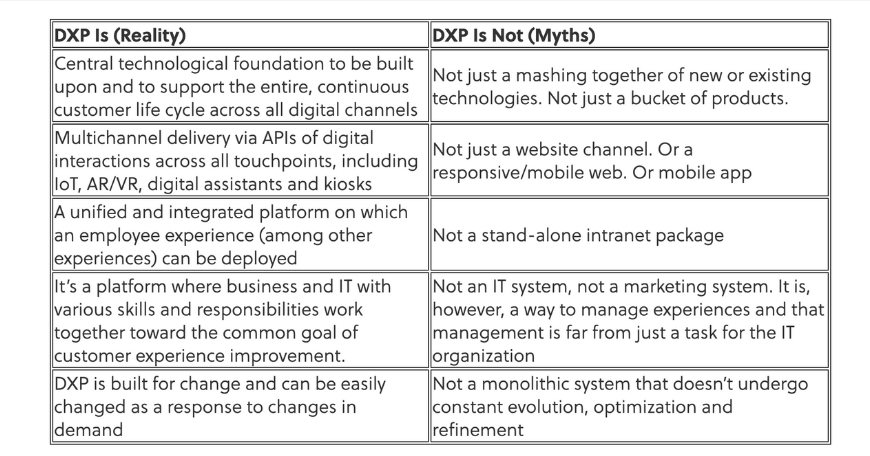NetSuite
Explore how Core dna integrates seamlessly with NetSuite for optimized operations and improved business efficiencies.
NetSuite Integration with Core dna
Understanding how NetSuite integrates with Core dna can revolutionize the way your business manages its resources and customer interactions. By seamlessly connecting Core dna's robust platform with NetSuite's cloud-based ERP system, businesses can optimize operations, enhance customer relationships, and drive growth efficiently.
How NetSuite Works with Core dna
NetSuite is a comprehensive cloud-based business management software suite, which encompasses modules for financial management, ERP, CRM, and eCommerce. By integrating NetSuite with Core dna, organizations can centralize data management, automate workflows, and unify their business processes. This integration enables real-time data synchronization and a holistic view of business operations and customer interactions.
Benefits of Integration
- Real-time Data Synchronization: Ensure data consistency across platforms and minimize data errors.
- Enhanced Productivity: Automate routine business processes and reduce manual input.
- Unified Customer Experience: Personalize and streamline customer interactions across all touchpoints.
- Scalable Business Growth: Flexibly adapt to changes in business scale and scope.
Features Comparison Table
| Features | NetSuite | Core dna |
|---|---|---|
| Financial Management | Yes | No |
| CRM | Yes | Yes |
| eCommerce | Yes | Yes |
| Content Management | No | Yes |
| Workflow Automation | Yes | Limited |
Practical Use Case
Let’s consider an eCommerce business that sells custom electronics. By integrating NetSuite and Core dna, the business can automatically synchronize orders and inventory levels between the platforms. When a customer places an order through Core dna, it is instantly reflected in the NetSuite ERP system, thereby allowing the warehouse to prepare for shipping without manual intervention. This automation ensures inventory accuracy, optimizes stock levels, and provides customers with up-to-date product availability, ultimately enhancing the customer experience and reducing operational costs.
Moreover, marketing teams can leverage customer data from both systems to create targeted campaigns based on real-time insights, promoting products that are in stock and relevant to customer preferences.
Implementation Example
To implement this integration, an API connection needs to be established between Core dna and NetSuite. This typically involves setting up connectors to facilitate seamless data transfer between the systems. Additionally, businesses may customize workflows within NetSuite to align with their operational needs, ensuring that the integration supports specific business rules and processes.
The use of a systems integration specialist may be beneficial to tailor the integration to meet unique business requirements and provide troubleshooting support during the initial setup phase.
A DXP or Digital experience platform is a central technogical foundation to be built upon and to support the entire, continuous customer life cycle across all digital channels.
- From one platform, one login, brands and business can manage content, assets, and interactions across multiple different channels.
- It allows multichannel delivery via APIs of digital interactions across all touchpoints, including Iot, AR/VR, digital assistants and kiosks.
- It helps efficiently and effectively create, store, publish and optimize content for any channel – whether it’s a website,
mobile app, or social media page. - It's a platform where business and IT with various skills and responsibilities work together towards the common goal of customer experience improvement.
- It helps tracks user behavior on your websites, monitor key performance indicators (KPIs) in real time.
- It integrates with your tech stack for increased personalization and engagement with customers, and gather
customer insights from data analytics. - Here is how claude ai thinks of the Core dna DXP platform

Gartner defines a digital experience platform (DXP) as, “an integrated set of technologies, based on a common platform, that provides a broad range of audiences with consistent, secure and personalized access to information and applications across many digital touchpoints. Organizations use DXPs to build, deploy and continually improve websites, portals, mobile and other digital experiences.”
An enterprise DXP gives a brand the tools it needs to manage the presentation layer of their digital presence. All great DXPs combine integration and aggregation, content management, personalization, collaboration, workflow management, analytics, multichannel support as well as search and navigation.
Unlike a traditional CMS/eCommerce, which combines content management and front-end delivery, a headless platform has a flexible front-end system to determine how the content is created and presented to the end user. It’s front-end agnostic, meaning that your content is created raw and can be published anywhere, through any framework, thanks to built-in APIs.
Coredna is not only a headless platform but also a hybrid headless Platform. We recognized that Marketers still need the flexibility of an easy to use administration, so we created a fully functioning DXP administration panel that allows the marketer to have a dashboard and the ability to manage multiple websites. With the Headless features of the Core dna DXP you can also create a customized publishing platform, this can be useful if you want to simplify administration functions or create a custom user experience.
Learn more about headless content management.
[Read more]